Is the UK cracking down on press freedoms?
Government action is reinforcing ‘growing hostility to journalism’, says one commentator
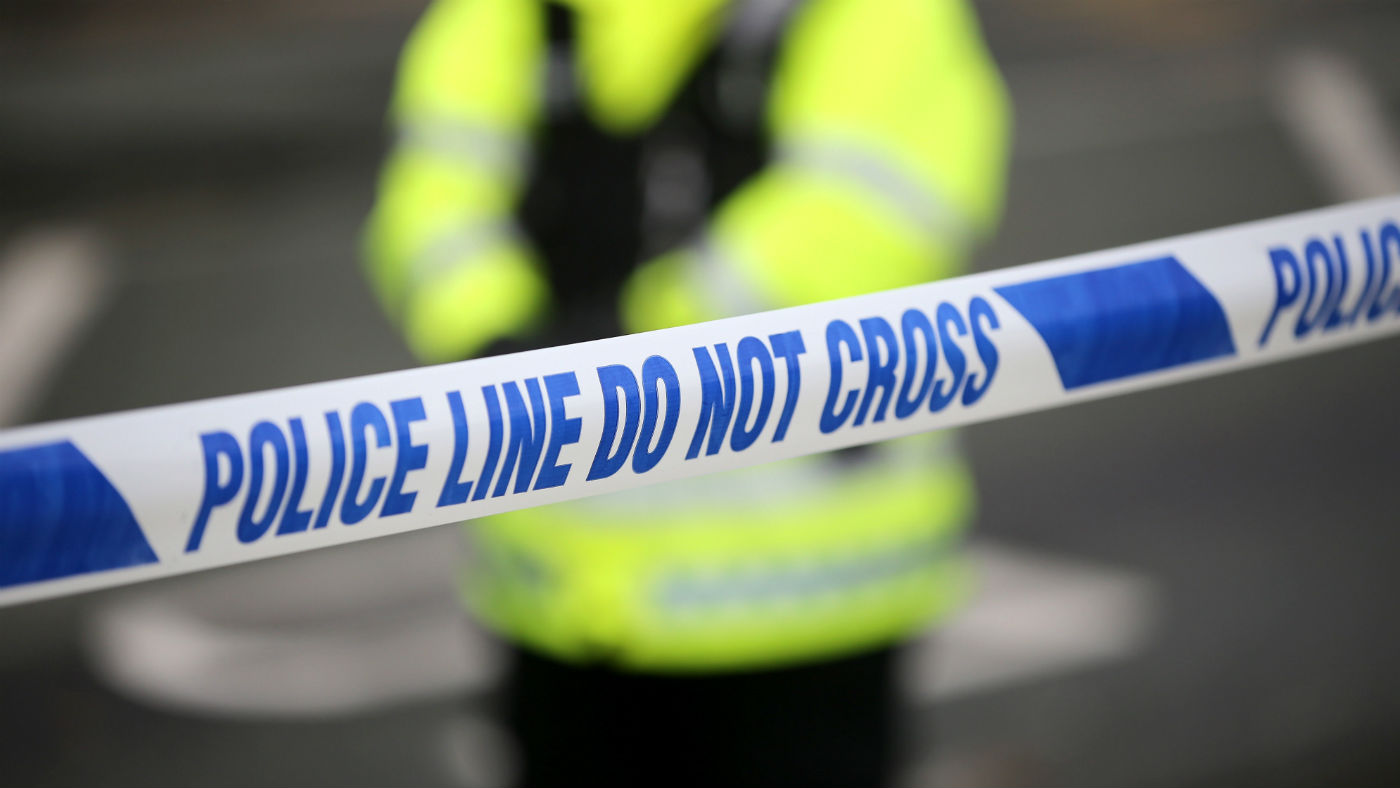
A free daily email with the biggest news stories of the day – and the best features from TheWeek.com
You are now subscribed
Your newsletter sign-up was successful
Questions over the freedom of the British press have resurfaced following the arrests of several journalists covering the Just Stop Oil protests on the M25.
LBC reporter Charlotte Lynch was one of a number of journalists arrested by police. She recalled the “absolutely terrifying” ordeal in a series of tweets that detailed being handcuffed, having her phone taken and being placed in a police cell for more than five hours. Lynch said it was “blindingly obvious” she was a reporter as she had shown the officers her press ID.
In a statement Hertfordshire Police did admit that “though the actions of the officers at the scene are understandable, in retrospect an arrest would not have been necessary”.
The Week
Escape your echo chamber. Get the facts behind the news, plus analysis from multiple perspectives.

Sign up for The Week's Free Newsletters
From our morning news briefing to a weekly Good News Newsletter, get the best of The Week delivered directly to your inbox.
From our morning news briefing to a weekly Good News Newsletter, get the best of The Week delivered directly to your inbox.
‘Climate of hostility’
Lynch’s arrest came just a day after two other journalists were arrested at the same protest, including documentary maker Rich Felgate and photographer Tom Bowles. The Financial Times reported that both men made “repeated attempts to show their press cards”, with the paper adding that the arrests have prompted “an outcry from press associations and human rights groups”.
Jun Pang, policy and campaigns officer at the human rights group Liberty, told the paper that police action against journalists must be seen in the context of political rhetoric, suggesting police had been “enabled and encouraged by the government’s wider, continued assault on protest rights”.
OpenDemocracy’s Mary Fitzgerald said that the Conservative government’s “record on the issue is appalling”. She added that politicians’ attitudes to the press have contributed towards the “long-growing climate of hostility to journalism here in the UK”.
‘End of Britain’s free press’
The UK’s press freedom index in 2022 was 78.71, according to Statista, “a slight improvement from the previous year when it was 78.41”. But the situation for journalists has “got worse” over the last ten years as the rating “decreased by 4.4 index points overall” since 2013, said the website.
A free daily email with the biggest news stories of the day – and the best features from TheWeek.com
Journalists believe there are other contributing factors to the decline. The “spectre of state press regulation”, said Spiked’s Hal Conte, means “the end of Britain’s free press”. Conte was writing last month in response to a lawsuit brought by public figures including Elton John, Prince Harry and Baroness Doreen Lawrence in which they claimed they’d been the victims of “abhorrent criminal activity” at the hands of Associated Newspapers, publisher of the Daily Mail and the Mail on Sunday.
“There is already a culture of self-censorship in the press, but this could soon get even worse,” said Conte. The trial “only needs to become notorious in the court of public opinion to have repercussions for media freedom – regardless of the actual verdict”, he added.
-
 The ‘ravenous’ demand for Cornish minerals
The ‘ravenous’ demand for Cornish mineralsUnder the Radar Growing need for critical minerals to power tech has intensified ‘appetite’ for lithium, which could be a ‘huge boon’ for local economy
-
 Why are election experts taking Trump’s midterm threats seriously?
Why are election experts taking Trump’s midterm threats seriously?IN THE SPOTLIGHT As the president muses about polling place deployments and a centralized electoral system aimed at one-party control, lawmakers are taking this administration at its word
-
 ‘Restaurateurs have become millionaires’
‘Restaurateurs have become millionaires’Instant Opinion Opinion, comment and editorials of the day
-
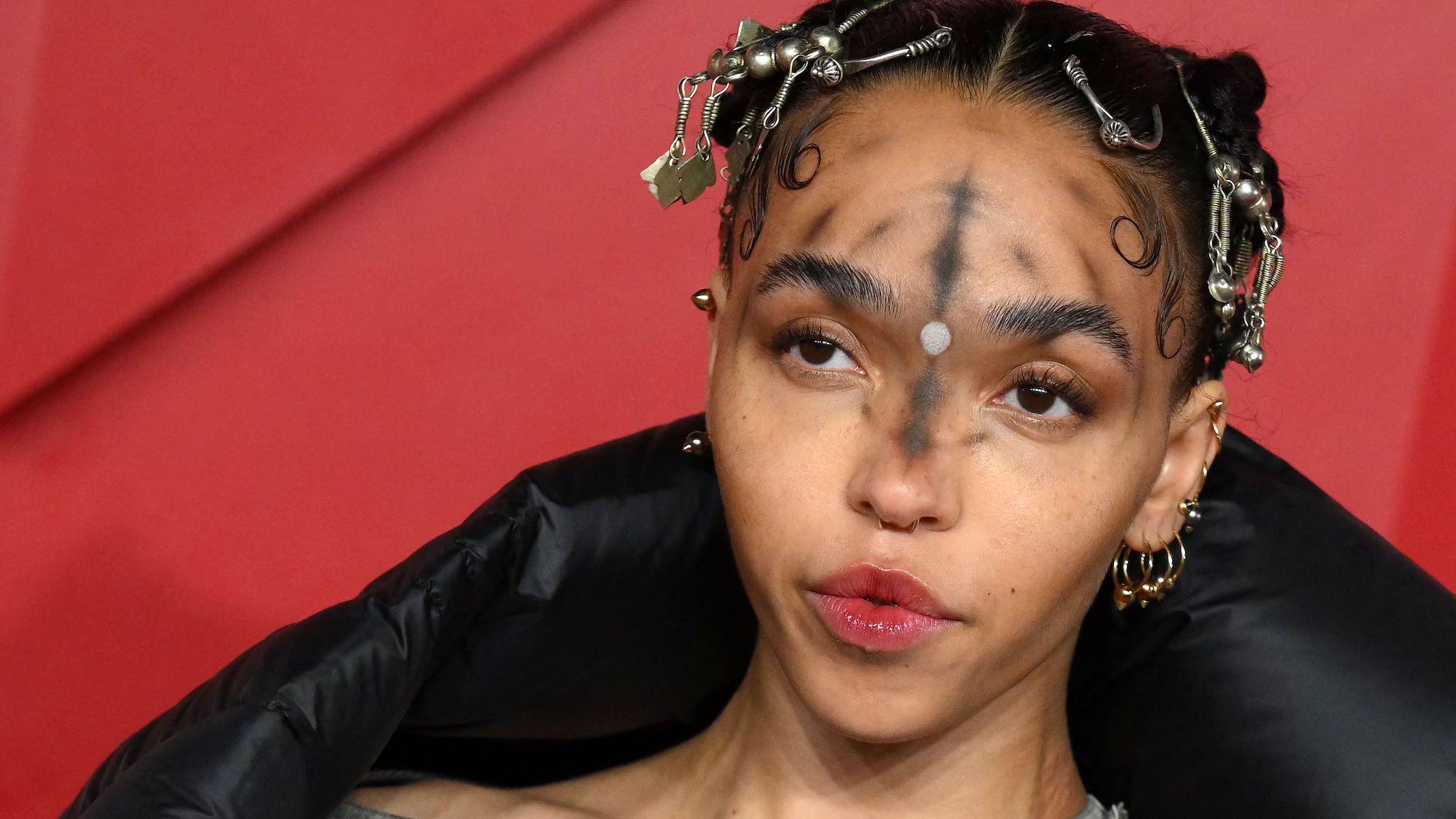 FKA Twigs and Jeremy Allen White – the tale of two Calvin Klein ads
FKA Twigs and Jeremy Allen White – the tale of two Calvin Klein adsTalking Point Her advert was banned by the advertising watchdog while his caused a 'breathless response' after going viral
-
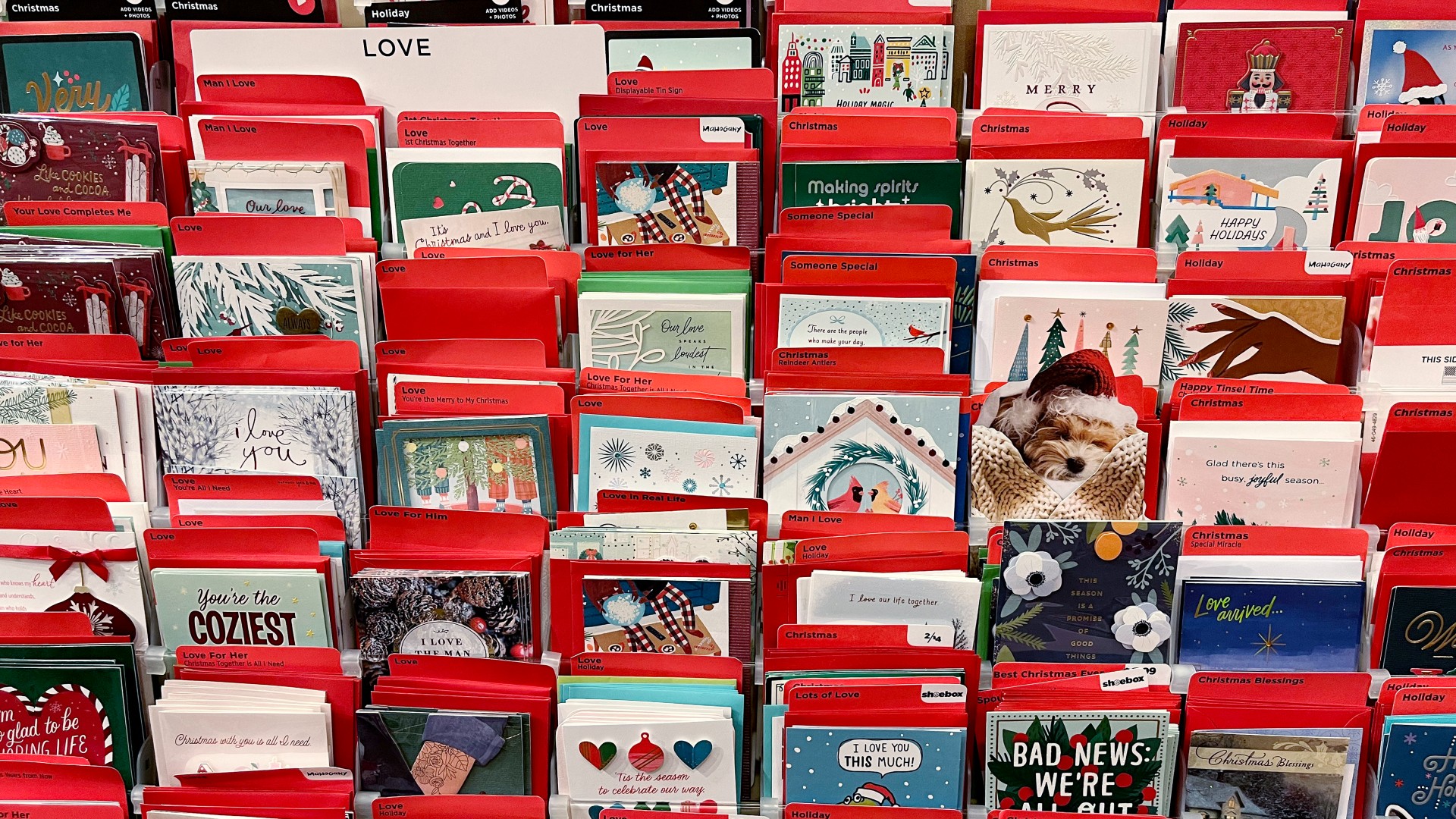 The Christmas round robin: return of the much-mocked missive?
The Christmas round robin: return of the much-mocked missive?Talking Point Young people looking to 'precious tradition' that 'predates social media and exceeds it'
-
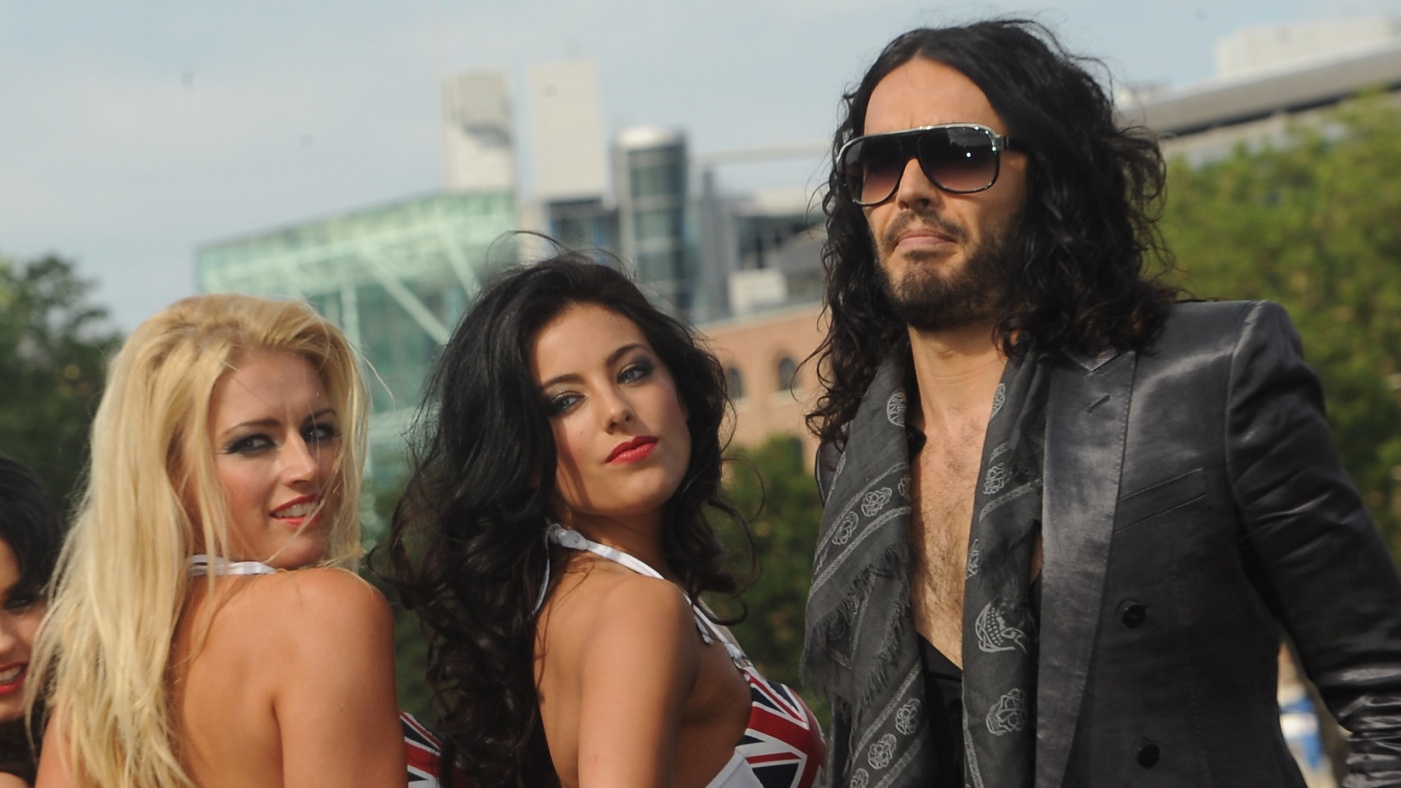 Nasty noughties: a cultural reckoning?
Nasty noughties: a cultural reckoning?Talking Point Has popular culture evolved since the 'cruelty' of the early 2000s?
-
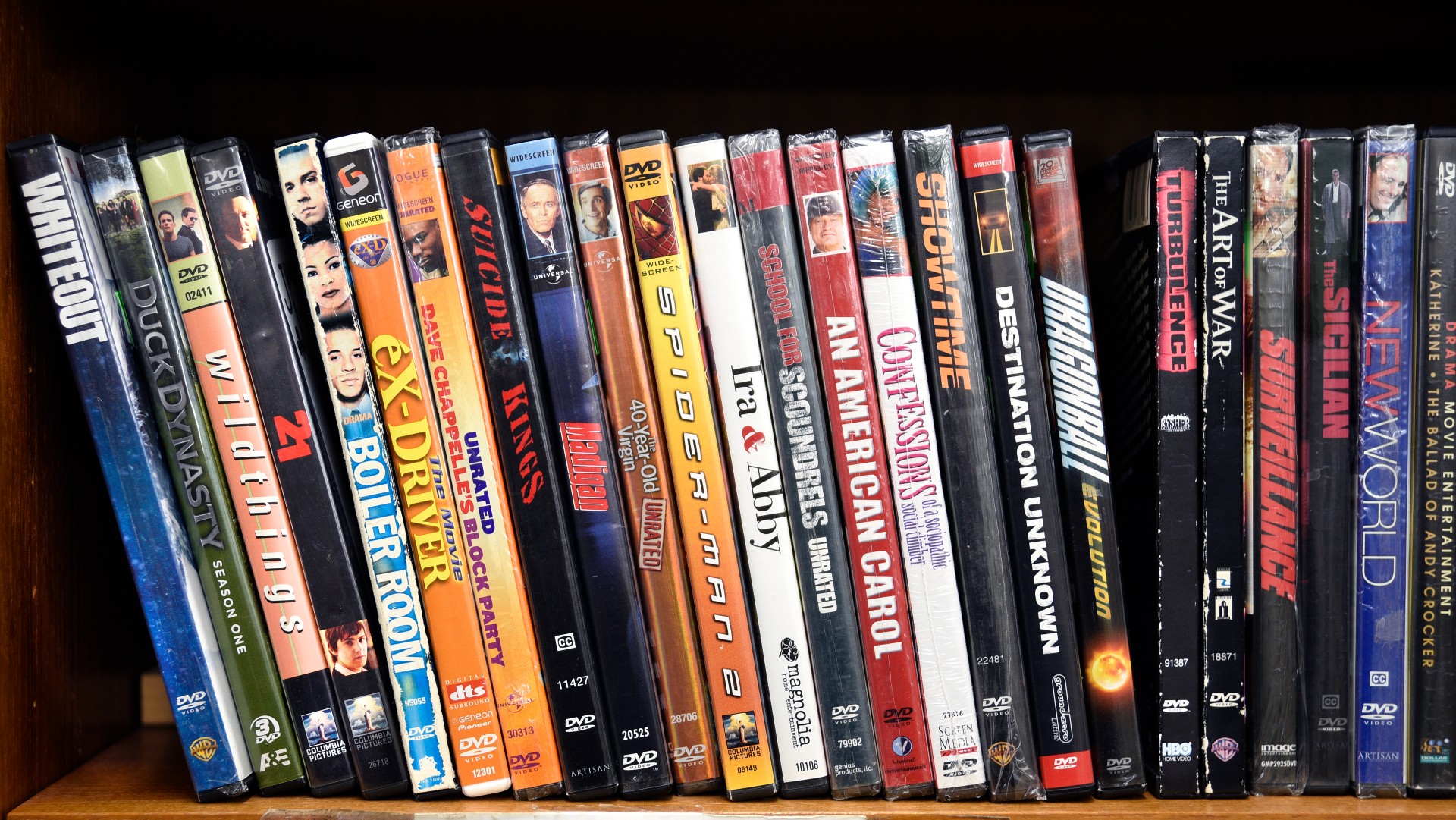 The death of DVDs and the decline of ownership in digital age
The death of DVDs and the decline of ownership in digital ageTalking Point Physical media sales are still in freefall even as a backlash against streaming grows
-
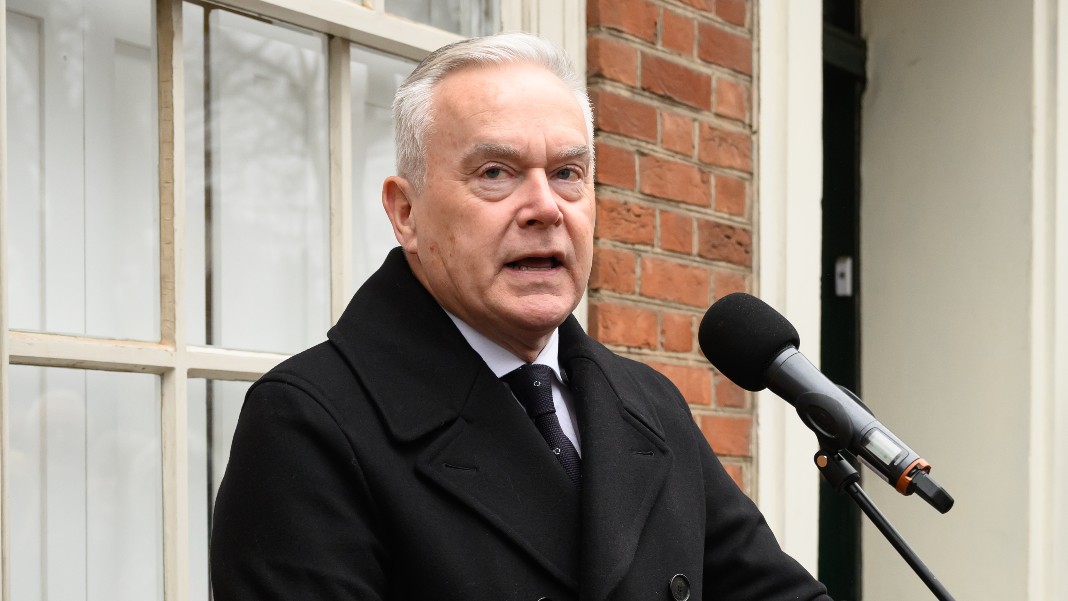 Huw Edwards and the question of ‘public interest’
Huw Edwards and the question of ‘public interest’Talking Point Privacy law ‘mess’ needs to be cleared up, not by judges, but by Parliament
-
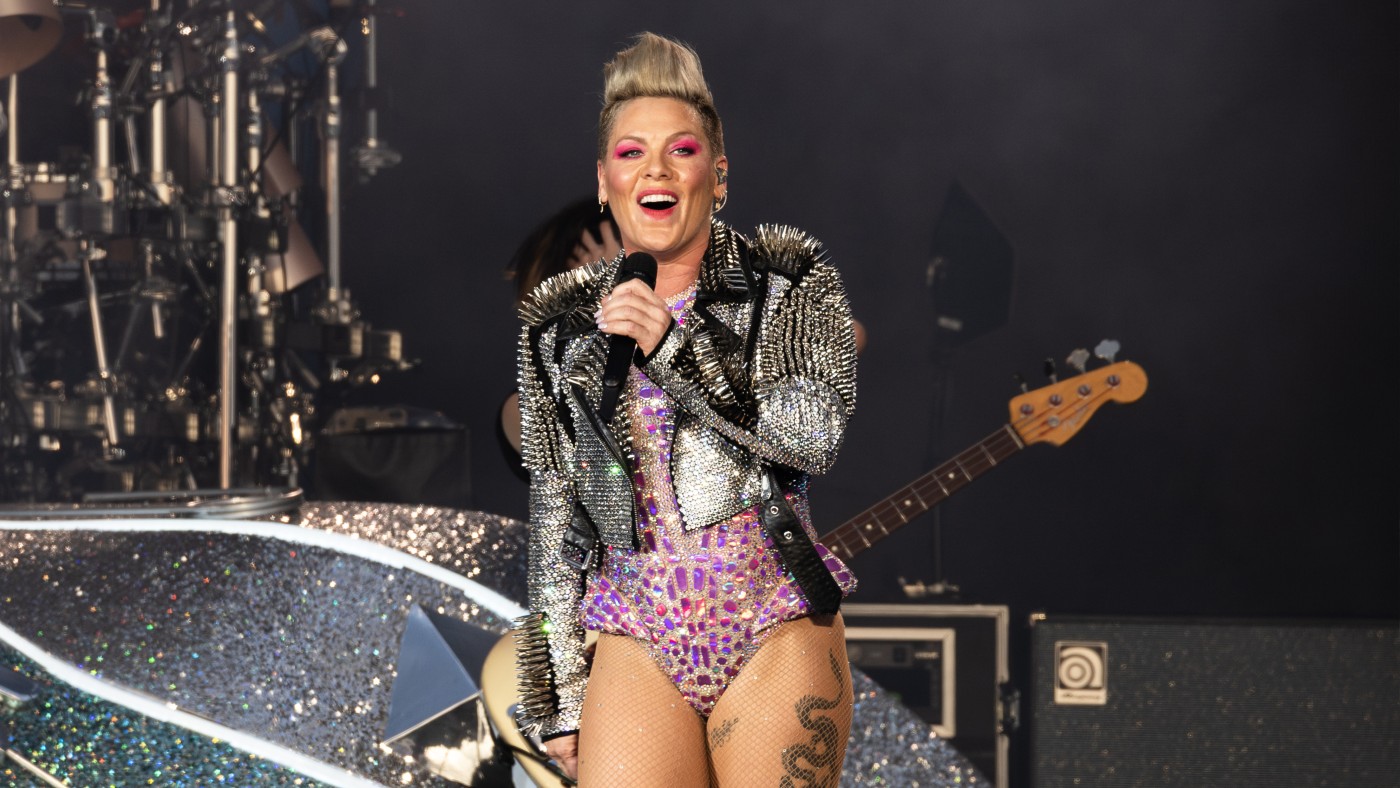 Concert etiquette: why are people behaving badly?
Concert etiquette: why are people behaving badly?Talking Point Experts believe incidents at live events are becoming worse in the era of social media
-
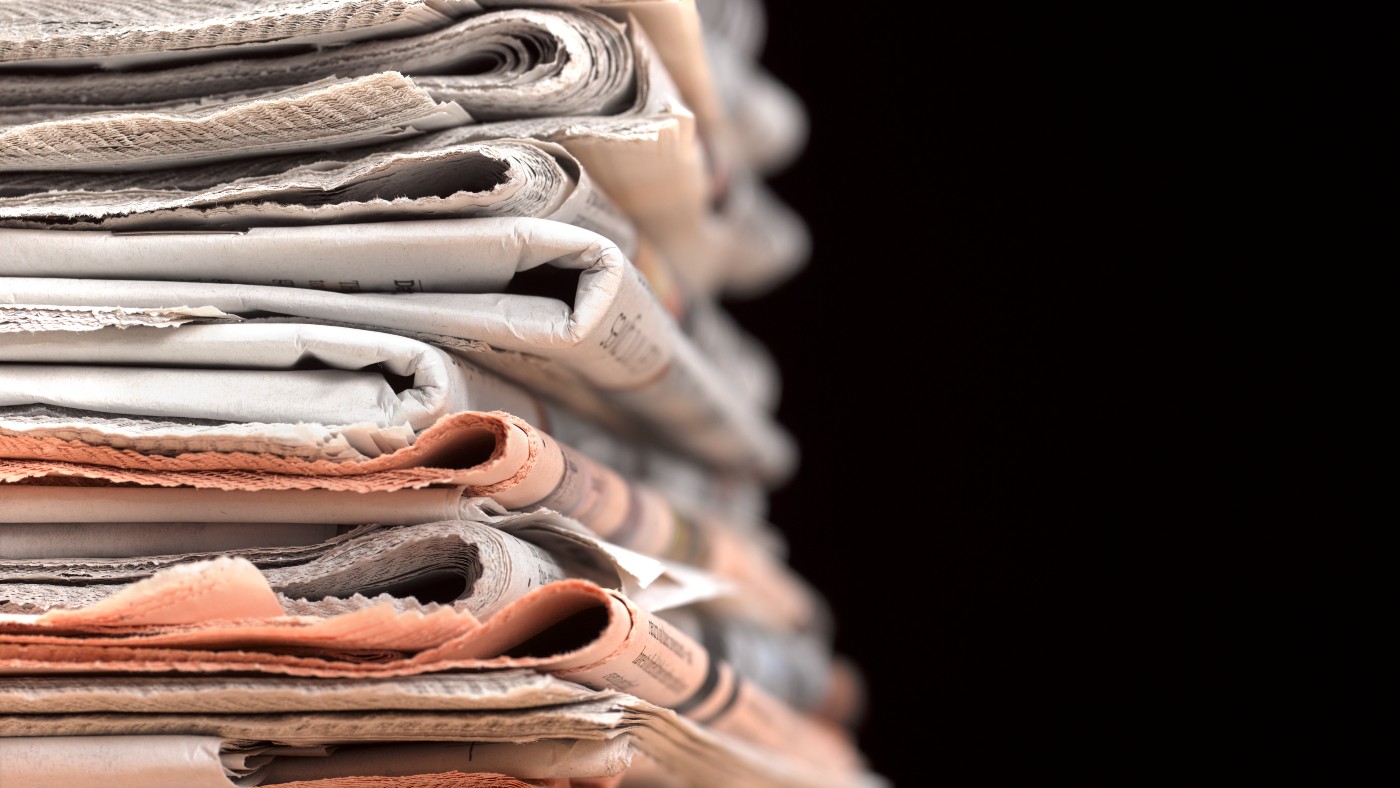 Nick Cohen, Phillip Schofield and British media’s own #MeToo reckoning
Nick Cohen, Phillip Schofield and British media’s own #MeToo reckoningTalking Point Allegations surrounding former Observer columnist and ITV broadcaster have led to questions about the industry’s processes
-
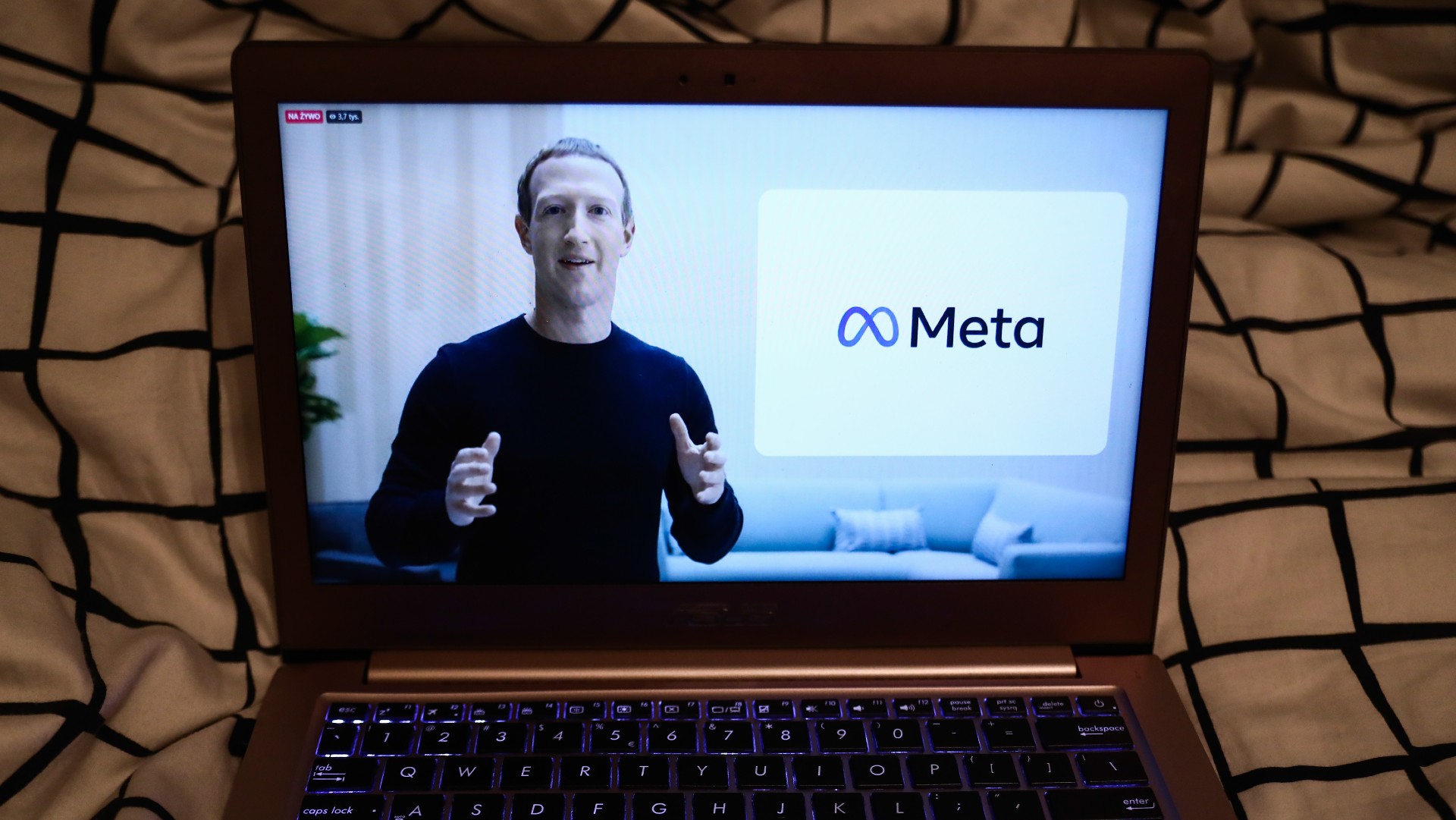 Should young teenagers be allowed in the metaverse?
Should young teenagers be allowed in the metaverse?Talking Point Children’s rights advocates urge Facebook parent company to block teens over safety concerns